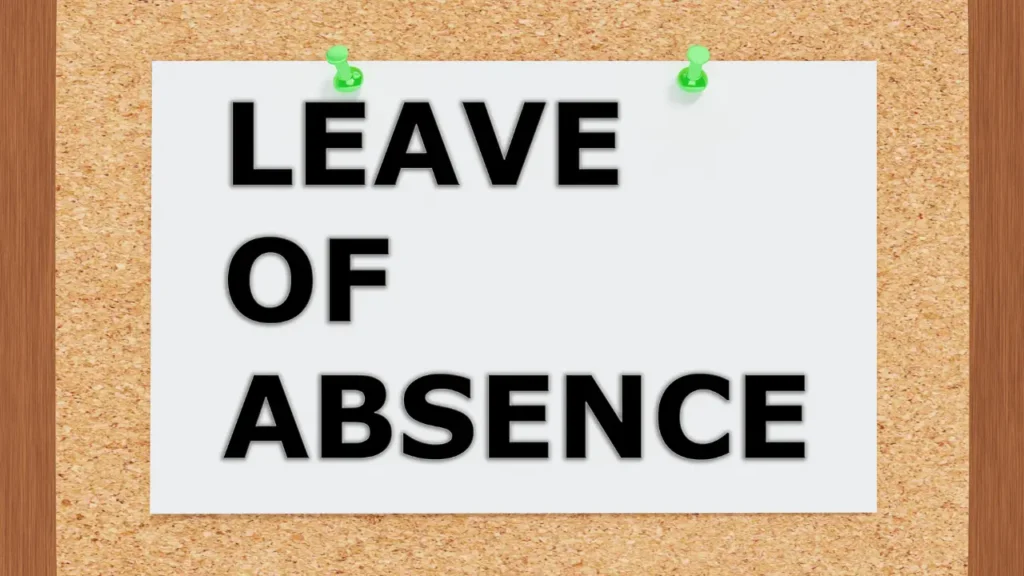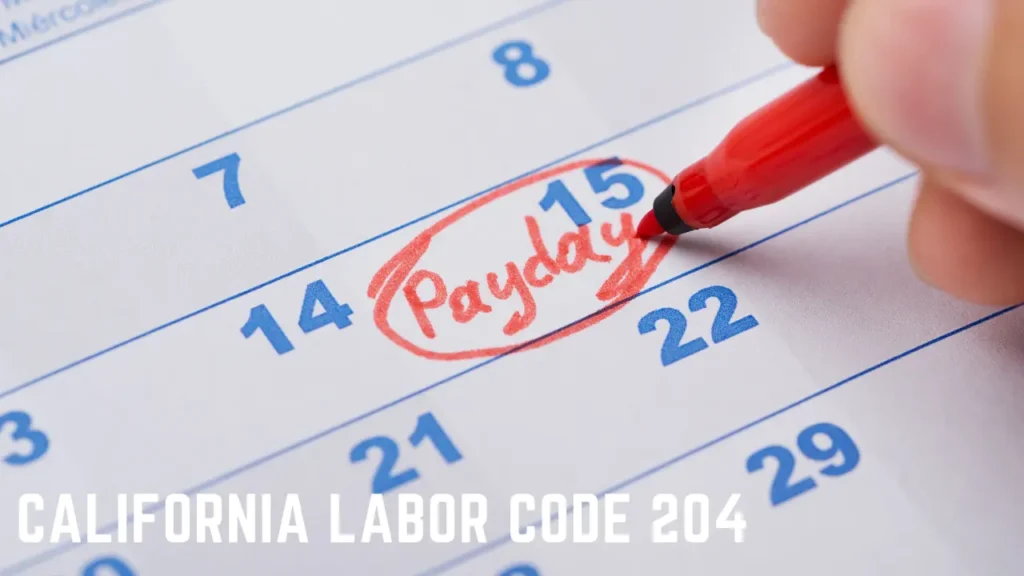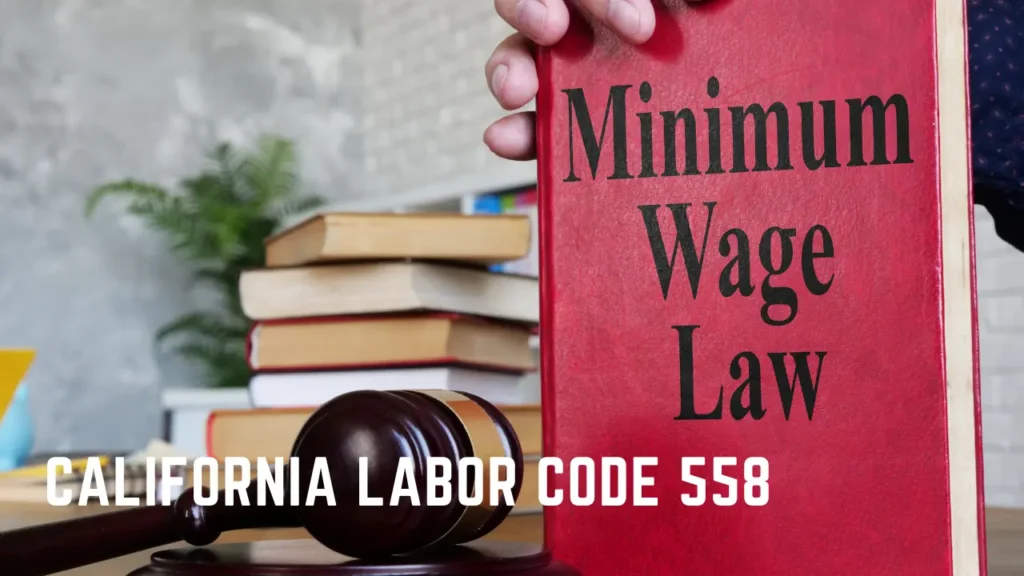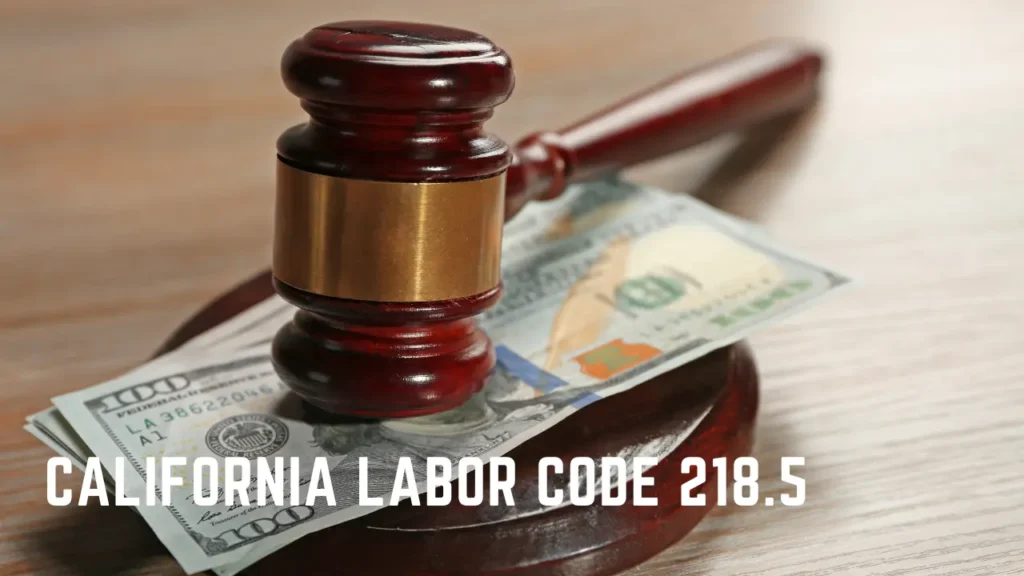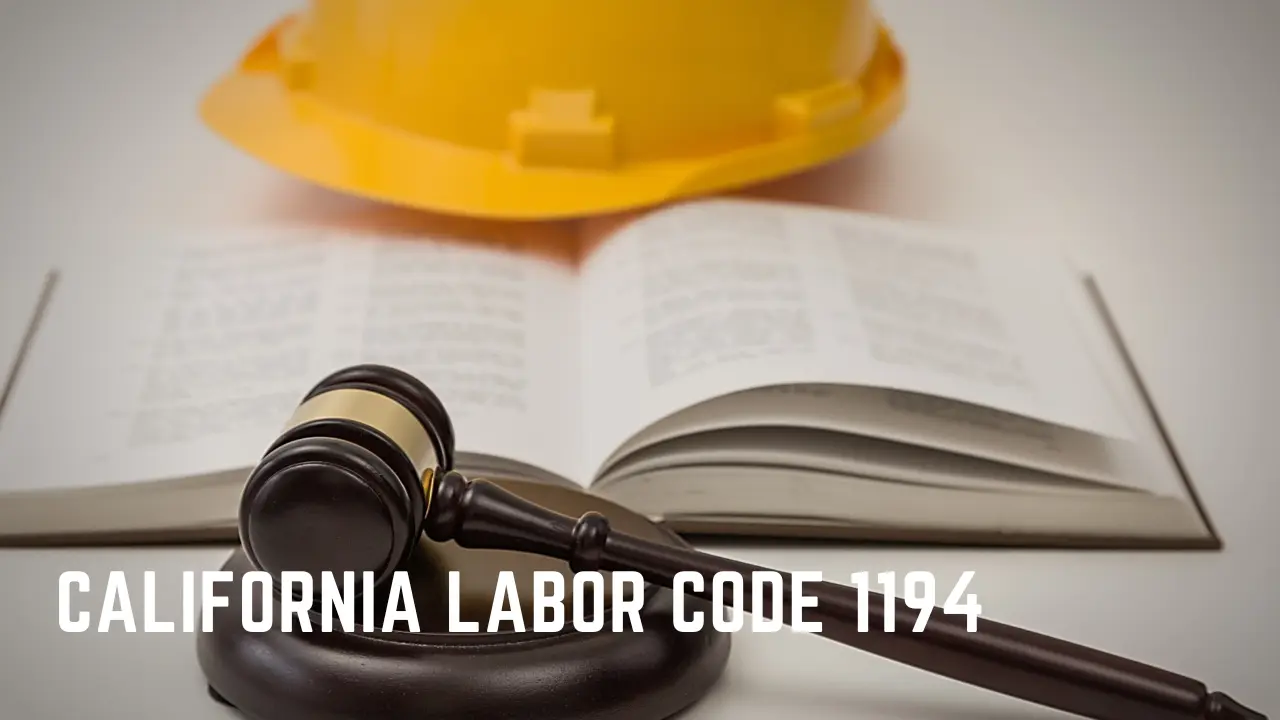Table of Contents
ToggleYou’re stunned, unsure of how you’ve reached this point. But before you spiral into a flurry of panic, take a deep breath. You’re not alone in this and you do have options.
Insubordination allegations can be fought and often successfully, especially when armed with the right information and strategies.
Stick with me here, and we’ll explore together how a labor lawyer would approach such a situation and what steps you could take to defend yourself.
Understanding Insubordination
To fully grasp the concept of insubordination, you must understand that it refers to the willful disregard for an employer’s commands or established rules within the workplace. It’s not just about refusing direct orders; it also includes repeated tardiness, using inappropriate language, or violating company policies.
But remember, not every act of defiance constitutes insubordination. Sometimes, you might be falsely accused due to misunderstandings or even retaliation. In such cases, it’s crucial to stay composed, seek clarification, and consider legal advice.
Gathering solid evidence is also a key step towards defending yourself against such claims. This can involve obtaining witness statements, collecting relevant documentation, and drafting a detailed rebuttal letter to add into your employee file.
Responding to Accusations
When you’re faced with insubordination accusations, your initial response can significantly influence the outcome, underscoring the importance of handling this delicate situation with care and tact.
It’s crucial to remain calm and collected. Seek clarification on the specifics of the accusation, ensuring you fully understand the claim before responding. Consider seeking legal advice if the accusation is serious or you’re unsure how to proceed.
Collect all possible evidence that could support your case, such as emails, documents, or witness testimonies. Draft a detailed rebuttal letter, outlining your defense and offering evidence where applicable.
Seeking Legal Assistance
Navigating the complexities of an insubordination claim often requires the expertise of an employment attorney, who can provide vital guidance and help mitigate the risks of pretextual claims. When you’re accused of insubordination, don’t try to handle it alone. Seek legal assistance immediately. An attorney can analyze the specifics of your case, advise on your rights, and develop a robust defense strategy.
They’ll also help you understand the potential implications of your actions, such as whether you could face termination or other disciplinary action. Importantly, a lawyer can aid you in collecting and presenting evidence, ensuring it’s robust and relevant. Remember, the goal is to refute the claim effectively, protect your rights, and safeguard your job.
Legal advice isn’t just beneficial; it’s essential.
Gathering Evidence and Documentation
Building a solid defense against insubordination claims requires you to meticulously gather and document all relevant evidence. This isn’t a task to be taken lightly; your job could be on the line.
- First, obtain witness statements. Co-workers who were present during the alleged incident could provide valuable insights.
- Second, if applicable, secure relevant footage or emails. These could serve as unbiased evidence.
- Third, provide clear details of your job duties. This is to demonstrate compliance with your role’s requirements.
- Lastly, write a detailed rebuttal letter. This should include your account of the incident, attached supporting evidence, and be placed in your personnel file.
Taking Further Action
If you’ve diligently gathered your evidence and prepared a detailed rebuttal, the next step in defending against insubordination claims involves taking further action, which could potentially include filing a lawsuit for retaliation or wrongful termination.
You must keep meticulous records of all workplace incidents that can support your case. Understand your legal rights and consult with an employment attorney to evaluate the strength of your case.
If you’ve been punished for engaging in protected activities like whistleblowing, you may have a strong retaliation claim. Remember, wrongful termination suits can be complex and time-consuming, but if successful, they can result in reinstatement, back pay, and potentially punitive damages.
Stick to your guns and don’t let false insubordination claims tarnish your career.
Conclusion
Facing an insubordination claim can be daunting, but you’re not helpless. Understand what insubordination truly means, ensure your response is measured and well-articulated, and don’t hesitate to seek legal help.
Gather all necessary evidence and be ready for further action. Remember, knowledge is power, so equip yourself with the right tools to assertively and professionally defend your case. You’ve got this!




